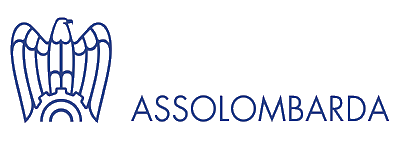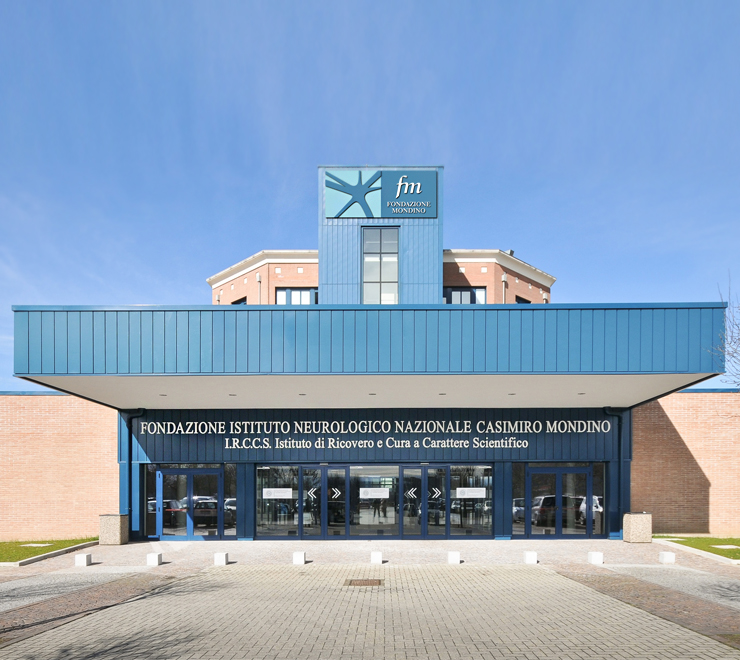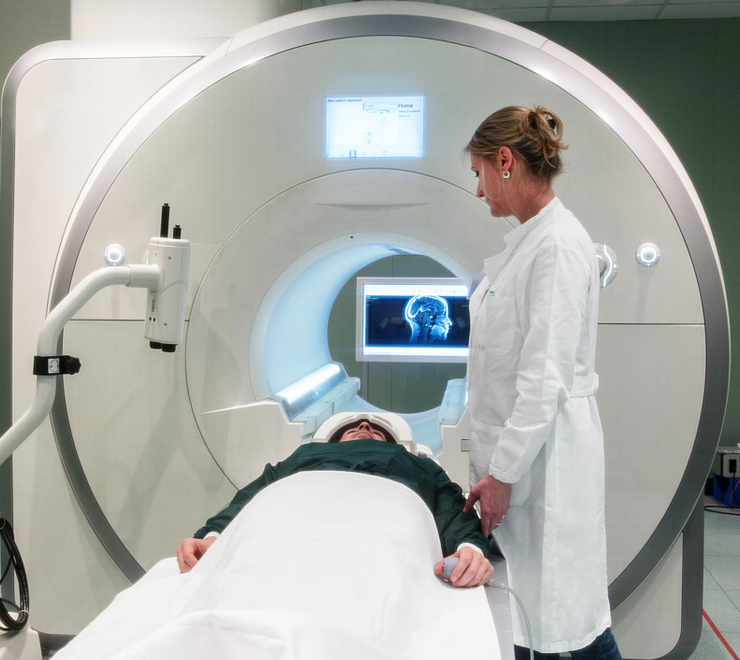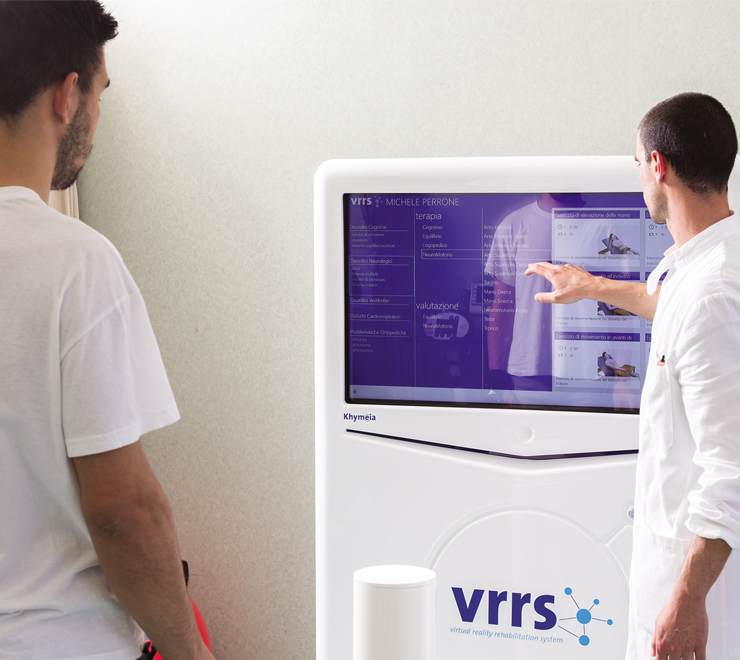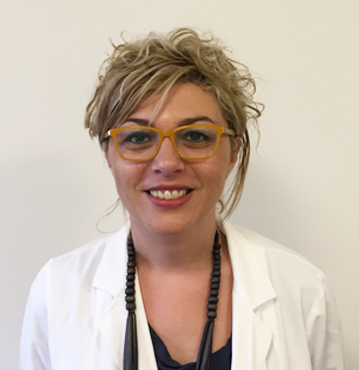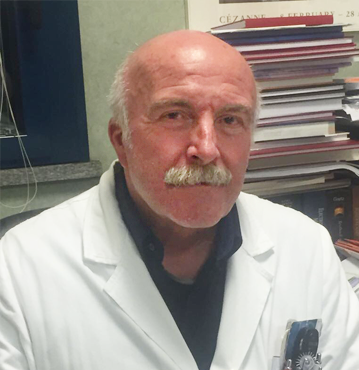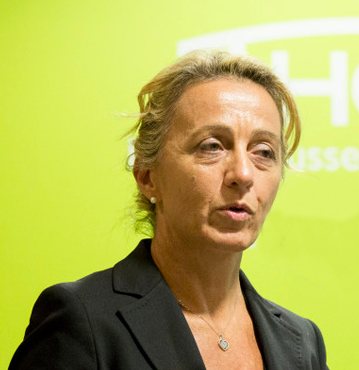Fondazione Mondino
The “Fondazione Mondino” is a national and international reference centre for the treatment of, and research into, the most common neurodegenerative diseases: Parkinson’s disease, Alzheimer’s disease, multiple sclerosis, ALS and malignant brain tumours.
Within the facility, there are specialised centres devoted to headache, epilepsy, rare diseases of neuropsychiatric interest, neuromuscular disorders, neurophthalmological disorders, neonatal pathologies, anorexia nervosa and mental disorders of childhood and adolescence.
Mondino Foundation is member of the Italian Neuroscience and Rehabilitation Network
The Pavia Headache Centre at the Fondazione Mondino
The Pavia Headache Centre (more than 5000 admissions per year), based at the Fondazione Mondino, boasts long-standing expertise in the treatment of migraine, tension-type headache and trigeminal autonomic cephalalgia. These conditions are managed according to the most recent guidelines and recommendations, with particular attention to the follow-up phase for the monitoring and quantification of drug efficacy, tolerability and compliance, also by means of ad hoc ICT tools.
The clinical activity is supported and continuously innovated through close collaboration with the in-house Headache Science Centre, where cutting-edge pre-clinical and clinical research is conducted as part of national and international research projects, to be readily translated into practice.
Neurogenic Dysphagia Diagnosis and Treatment Centre
The Centre (nearly 200 patients/year) runs an inpatient and an outpatient clinic and is supported by the coordinated activities of a highly skilled, multidisciplinary team comprising the following specialists: neurologist/clinical neurophysiologist, neurorehabilitation specialist, speech therapist, ear nose throat/phoniatrics specialist, gastroenterologist, radiologist, medical specialist in nutrition.
Our “Neurogenic Dysphagia Day Service” is unique in Italy and among the few, internationally, to provide a full diagnostic and therapeutic assessment of neurogenic dysphagia through a comprehensive yet expeditious multidisciplinary work-up (often less than 12 hours). In cases where dysphagia is linked to gastroenterological disorders or requires parenteral nutrition by PEG or RIG, the diagnostic-therapeutic course will be defined within a week at the latest.
Centre of Child Neurophthalmology
Our Centre of Child Neurophthalmology adopts a multi- and interdisciplinary approach to visual impairment in childhood and adolescence (0–18 years).
The disorders most frequently treated at the Centre (1000 children per year), which are also the focus of its research activity, are central visual impairment, peripheral visual impairment (retinal dystrophy, cataract, optic nerve hypoplasia, microphthalmia/anophthalmia, coloboma), and rare diseases involving visual impairment (e.g. Leber’s congenital amaurosis, Joubert syndrome, septo-optic dysplasia).
The Centre’s diagnostic and rehabilitation activities are also supported by the use of last-generation eye trackers. These allow better analysis of visual function, also in quantitative terms, and better monitoring of rehabilitation pathways.
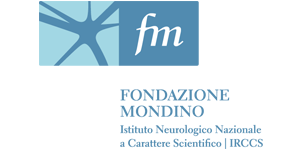
Headache Centre
Neurogenic Dysphagia
Child Neurophthalmology
ORGANIZATION FIGURES
| RESIDENT DOCTORS | 64 |
| IN-HOUSE NURSES | 90 |
| FULL TIME STAFF | 304 |
| NUMBER OF ROOMS | 74 |
| YEARLY PATIENTS | 100.000 |
OPENING HOURS
| Monday – Friday | 8:30 – 13:00 |
